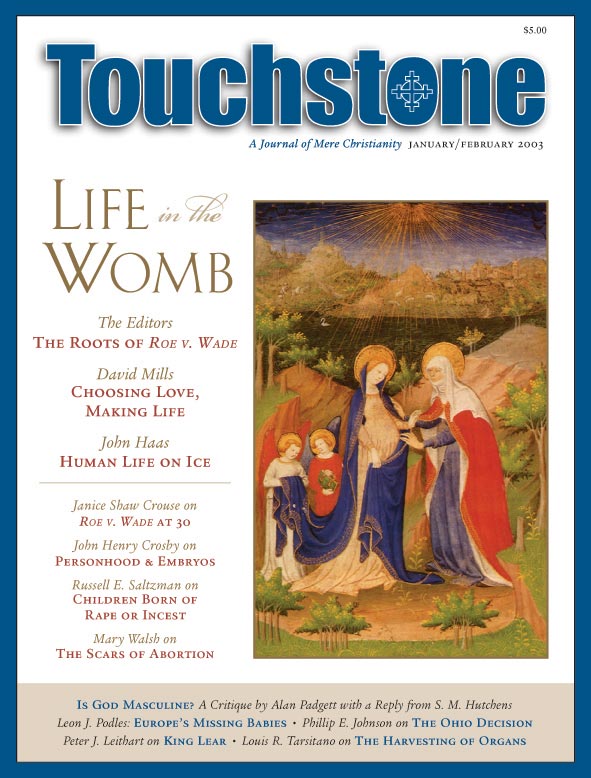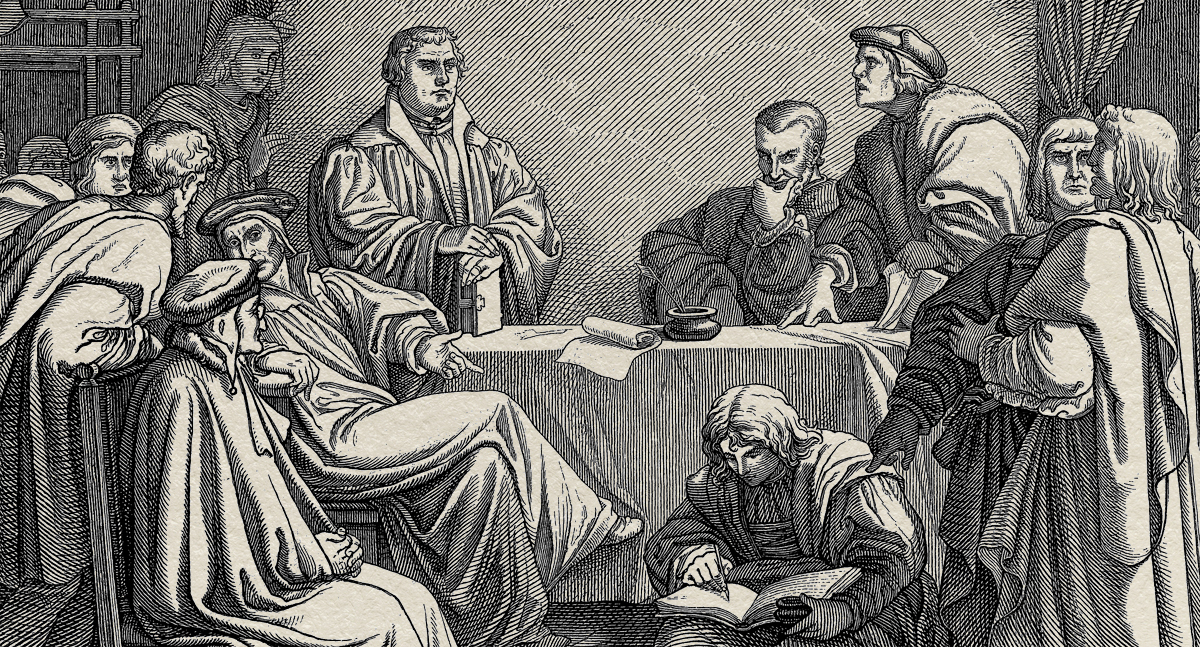The Prayers of Hannah
Among the characters from Holy Scripture used as models of prayer in traditional Christian literature, few appear as often as Hannah, the mother of Samuel. Starting with Clement of Alexandria and Hippolytus of Rome near the dawn of the third century, those who wished to be instructed in the ways of prayer have had recourse to Hannah’s example, as contained in the first two chapters of First Samuel.
It is worth observing that Hannah’s prayer serves a significant purpose in the literary structure of that book. Bearing in mind that the Books of Samuel were originally a single book, not two, we readily discern that both the opening and closing scenes of that book have to do with worship. Thus, chapter 1 of First Samuel describes the regular pilgrimages that Elkanah’s family made to the ancient shrine at Shiloh, while the last chapter of Second Samuel finishes with David’s purchase of the site of the future temple at Jerusalem. At the beginning of the book, the Ark of the Covenant is in Shiloh, but the Ark has been moved to the new site as the book ends. Sacrifices are offered in each place, whether by the priest Eli or by David. In both places, likewise, there is a description of prayer. First Samuel starts with two prayers of Hannah, and Second Samuel closes with two prayers of David (24:10,25).
Moreover, these prayers themselves are similar. Hannah’s petition, inspired by her great distress, takes the form of a vow: If the Lord should give her a son, she promises, she will dedicate him to the Lord. And at the end of the book, David’s prayer, made in response to the plague that afflicts the people through his own sin, takes the form of resolve to dedicate a new temple to the Lord. David’s resolve, implicit in Second Samuel 24, is elaborated in First Chronicles 21 and Psalm 132 (Greek and Latin 131). Thus, the Book of Samuel begins and ends with similar prayers, in the context of sacrifice.
There are further parallels between the canticle of Hannah in First Samuel 2 and the canticle of David in Second Samuel 22. Indeed, these canticles form an “inclusion” to the book. Thus, in David’s canticle, God is praised for having kept the promises contained in Hannah’s canticle. For example, while Hannah says of the Lord that “he will guard the feet of his faithful ones; but the wicked shall be cut off in darkness,” David will say of him, “He made my feet like the feet of deer,” and “You enlarged my path under me, so that my feet did not slip. I have pursued my enemies and destroyed them.” Once again, too, there is the shared image of the shrine or temple. Whereas Hannah’s canticle is chanted at the house of the Lord in Shiloh, David’s canticle says of the Lord, “He heard my voice from his temple.” This parallel is all the more striking inasmuch as the new temple has not yet been constructed.
Because the Davidic rise and reign form the substance of the Book of Samuel, these various parallels between the prayers of Hannah and David are hardly surprising. Indeed, Hannah ends her canticle with a promise and prophecy about David, saying of the Lord, “He will give strength to his king, and exalt the horn of his anointed.” This theme is later taken up in David’s own canticle, which declares that God is “my shield and the horn of my salvation, my stronghold and my refuge.”
We may observe, in this respect, that Hannah’s canticle near the beginning of Samuel serves much the same purpose as Mary’s Magnificat near the beginning of St. Luke’s Gospel, both of them introducing themes about the putting down of the mighty and the raising up of the lowly. In fact, one wonders if there has ever been written a commentary on the Magnificat that did not mention its many lines and sentiments shared with the canticle of Hannah.
Furthermore, several Christian writers, including Saints Basil, John Chrysostom, and Bede the Venerable, have drawn attention to the similarities between Hannah and the publican in Luke 18. Both of them pray quietly in the temple and with great humility, neither of them responding to the contempt with which they are treated by their two antagonists, Peninnah and the Pharisee. Both of them thus model the proper sentiments and attitudes of Christian prayer.
In summary, then, when Origen, in the mid-third century described Hannah as “praying in the Holy Spirit,” he certainly spoke for the whole Tradition.
Patrick Henry Reardon is pastor emeritus of All Saints Antiochian Orthodox Church in Chicago, Illinois, and the author of numerous books, including, most recently, Out of Step with God: Orthodox Christian Reflections on the Book of Numbers (Ancient Faith Publishing, 2019).
subscription options
Order
Print/Online Subscription

Get six issues (one year) of Touchstone PLUS full online access including pdf downloads for only $39.95. That's only $3.34 per month!
Order
Online Only
Subscription

Get a one-year full-access subscription to the Touchstone online archives for only $19.95. That's only $1.66 per month!
bulk subscriptions
Order Touchstone subscriptions in bulk and save $10 per sub! Each subscription includes 6 issues of Touchstone plus full online access to touchstonemag.com—including archives, videos, and pdf downloads of recent issues for only $29.95 each! Great for churches or study groups.
Transactions will be processed on a secure server.
more from the online archives
calling all readers
Please Donate
"There are magazines worth reading but few worth saving . . . Touchstone is just such a magazine."
—Alice von Hildebrand
"Here we do not concede one square millimeter of territory to falsehood, folly, contemporary sentimentality, or fashion. We speak the truth, and let God be our judge. . . . Touchstone is the one committedly Christian conservative journal."
—Anthony Esolen, Touchstone senior editor










